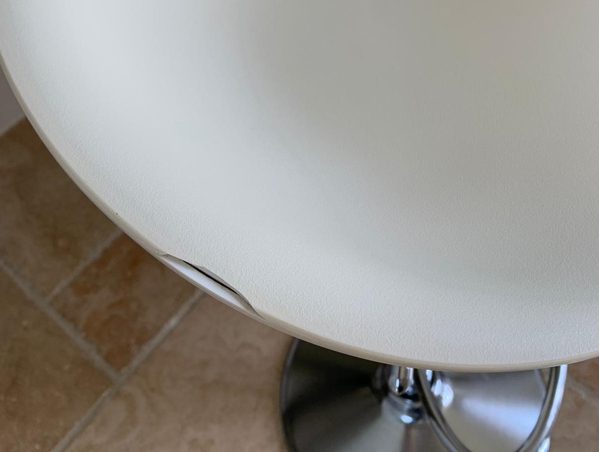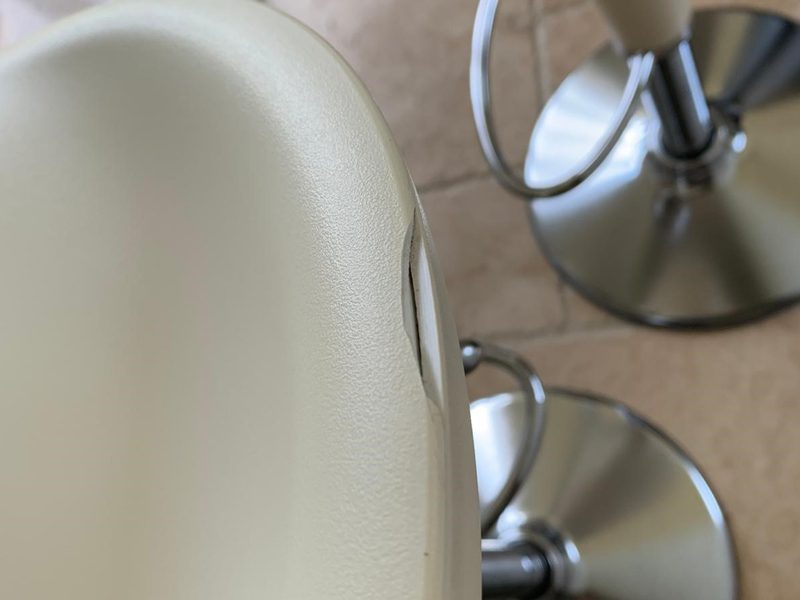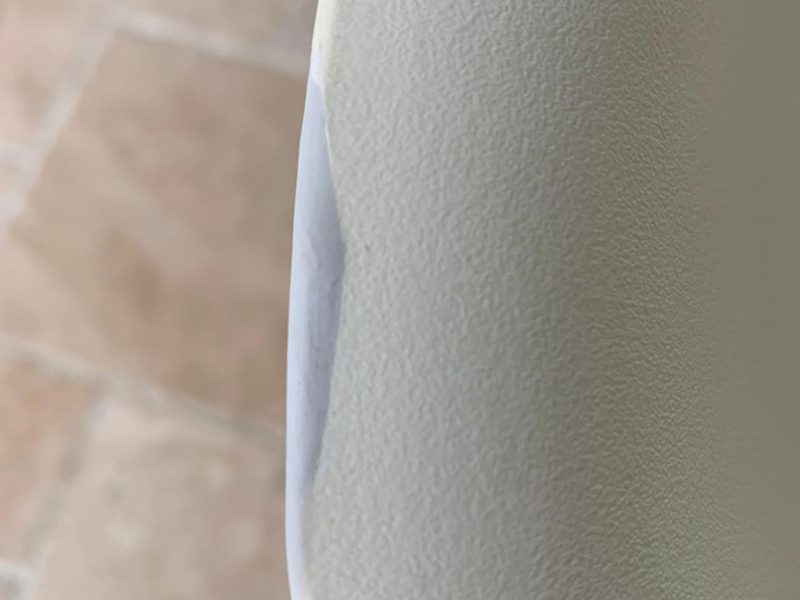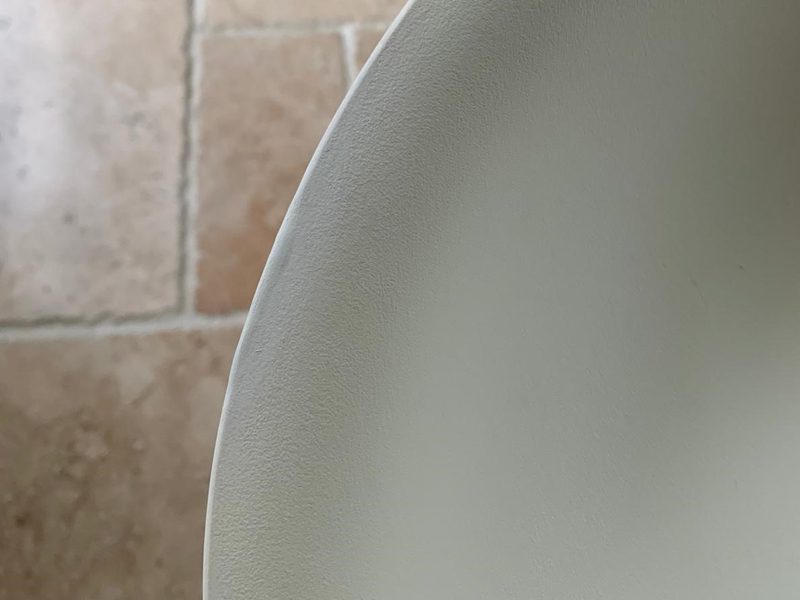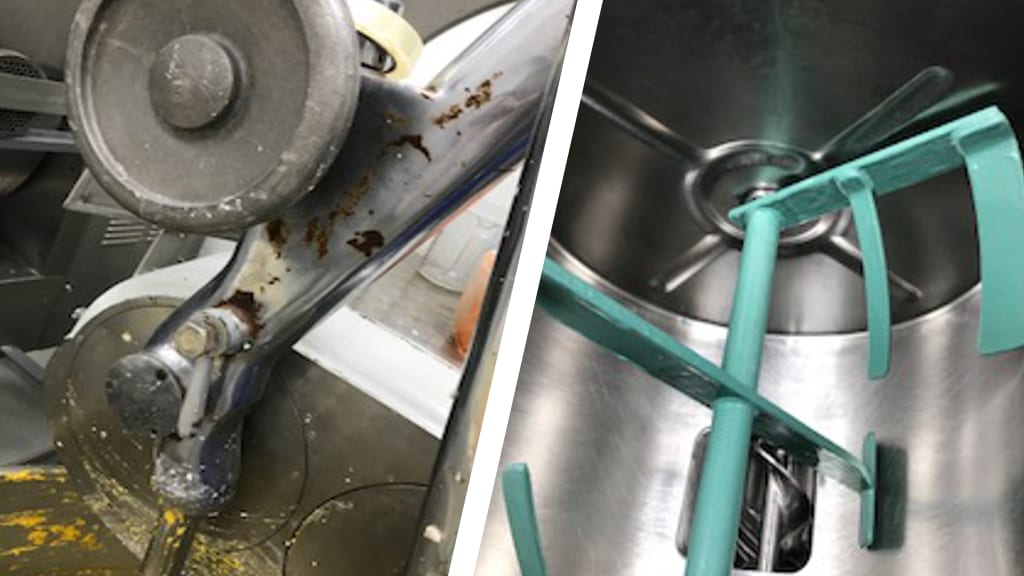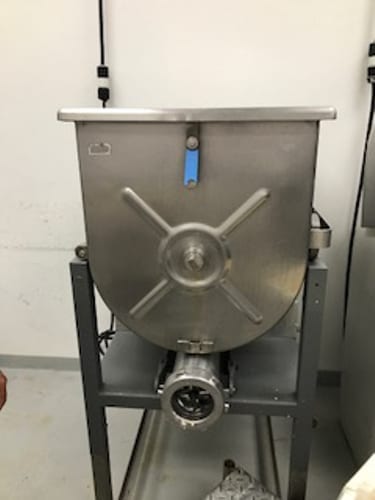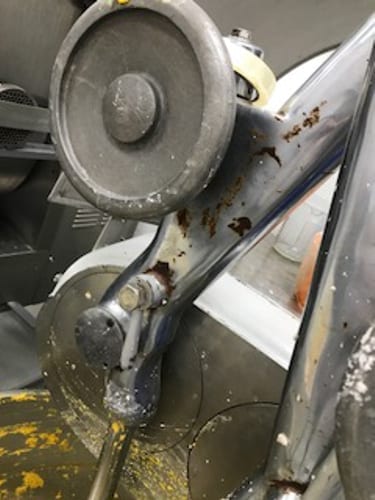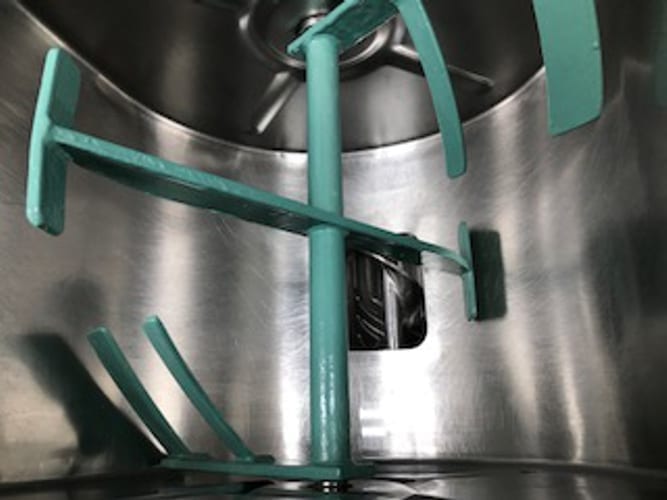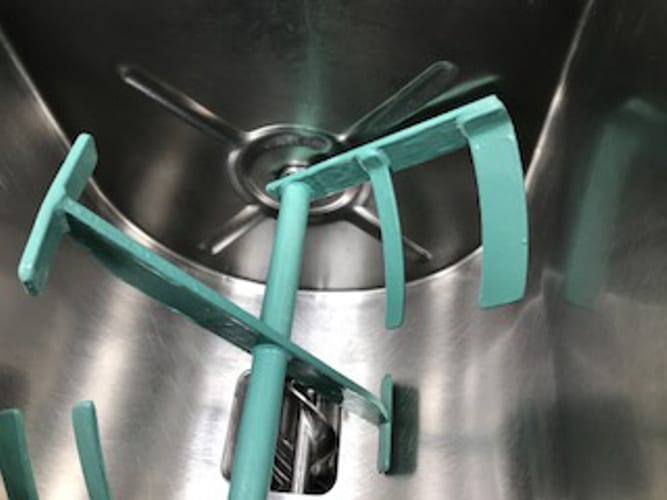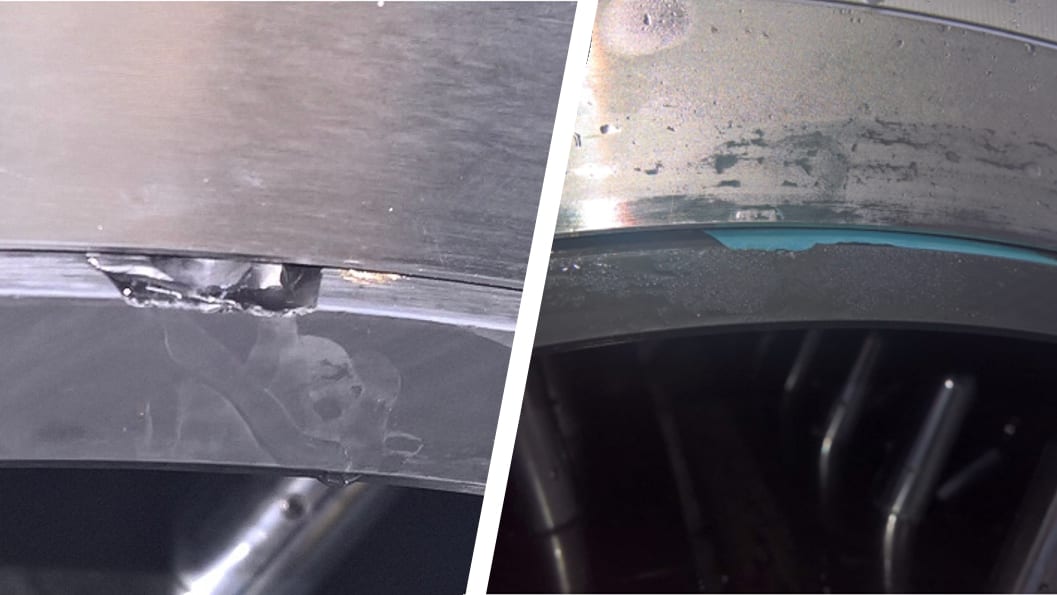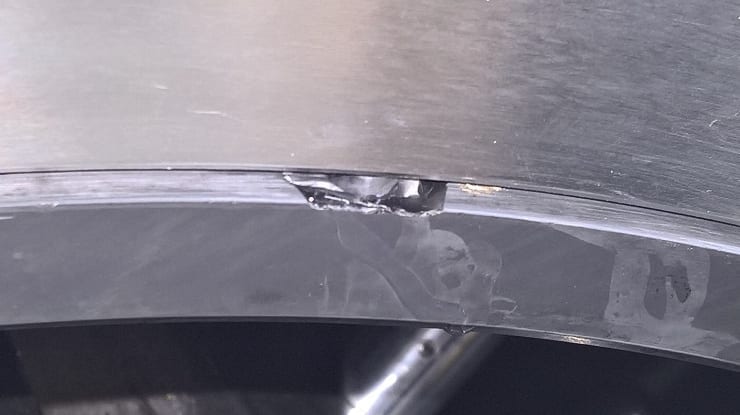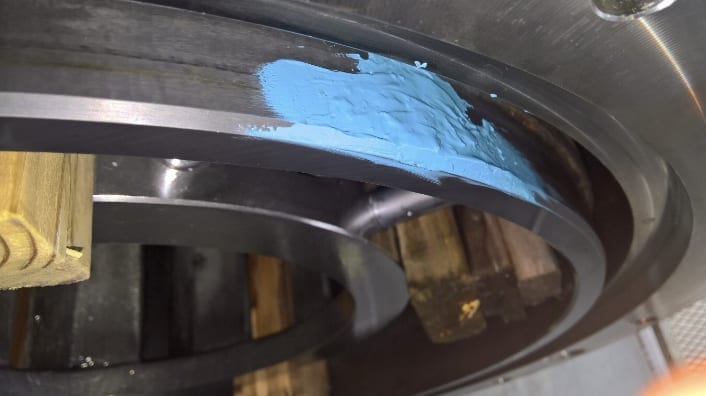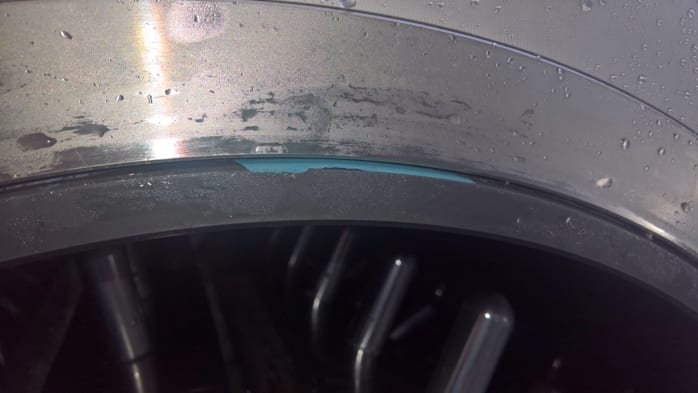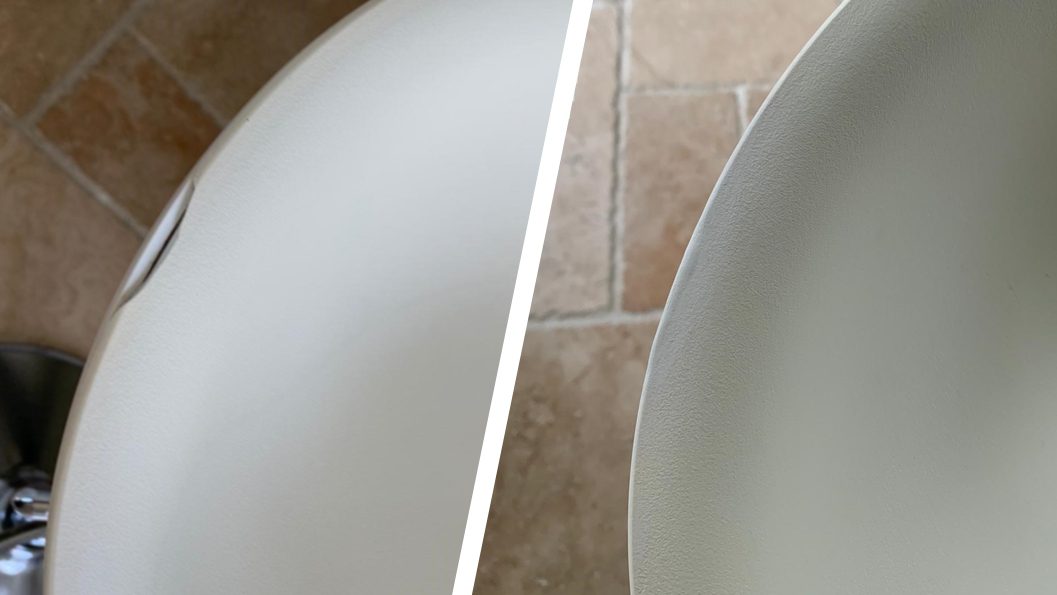
Money for the bar – a Sylmasta AB Epoxy Putty filler repair to a chip in an SMC bar stool saves a homeowner £222
When a designer bar stool made of a difficult-to-repair compound called SMC suffered a chip after it was knocked over, the owner sought a cost-effective DIY filler repair method after being quoted £222 by a restoration company.
Case Study Data
Repair Type
SMC filler repair
Defect
Chip in designer bar stool
Products Used
Sylmasta AB Original Epoxy Putty
Epoxy putty which bonds to all materials and is easy to shape for use as a filler
Case Study PDF
Case Study Details
The homeowner had a beloved set of white designer bar stools worth around £500 each. Their children unfortunately knocked one of the stools over whilst playing, causing a large chip to the edge of the seat made from a difficult-to-repair material called SMC.
SMC is a moulding compound with an inbuilt mould release agent which can be inconsistent, which also meant that reattaching broken fragments was unlikely to be successful.
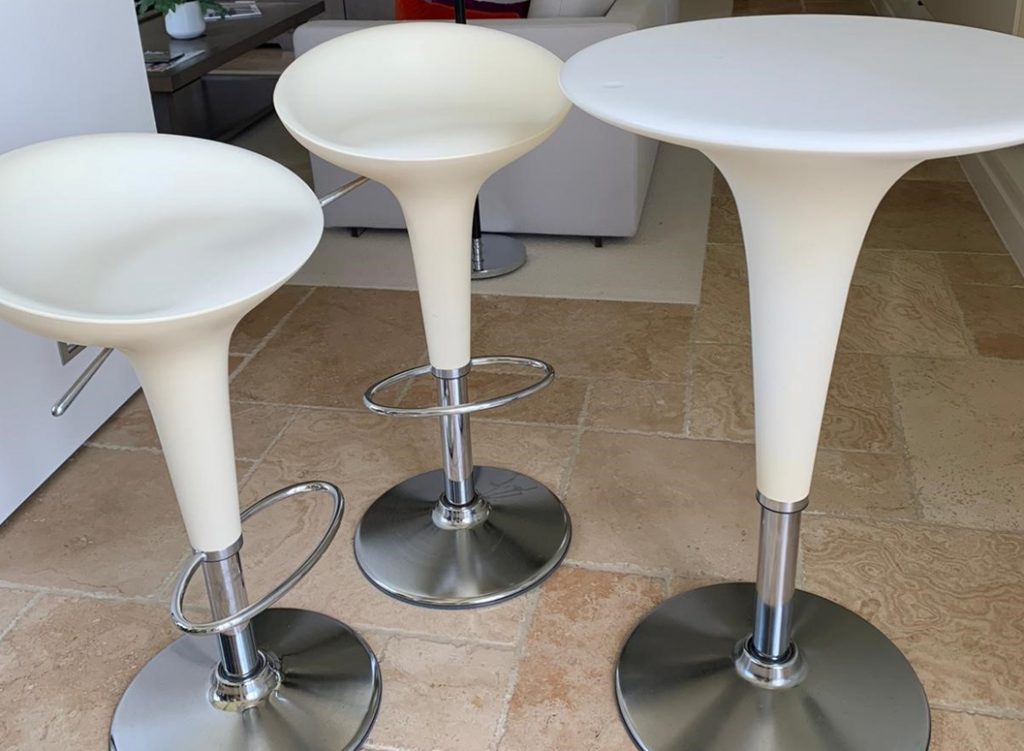
A professional restoration company quoted £222 to make a repair. The owner therefore decided to try and find a means of making a more cost-effective DIY repair to their damaged stool.
They consulted Sylmasta, who were able to recommend the use of Sylmasta AB Original Epoxy Putty, as although there was little chance of glues or adhesives forming a suitable bond with the SMC, Sylmasta AB would be able to anchor itself into the cavity.
Sylmasta AB Original has a two-hour work time, offering plenty of time for the epoxy putty to be moulded, shaped and applied without the threat of premature curing.
Careful application of Sylmasta AB filled the chip in the stool. The homeowner was even able to recreate the pattern of the seat, using a brush to slightly indent the putty before it set.
AB Original sets to off-white as standard, but it can be painted once cured. The owner managed to colour-match a paint to the exact colour of the bar stool, ensuring that the epoxy putty blended in seamlessly with the rest of the seat.
The repair required only one 250g kit of AB Original at a cost of just £12.60 plus carriage – a far cry from the original £222 quote provided by the restoration company.
Plenty of epoxy putty was left over, and it remains reusable when kept in its original packaging – good news in the event of any future accidents involving the £500 designer bar stools.
If you have an application you would like to enquire about, then please get in touch
Call: +44 (0)1444 831 459
Email: sales@sylmasta.com

